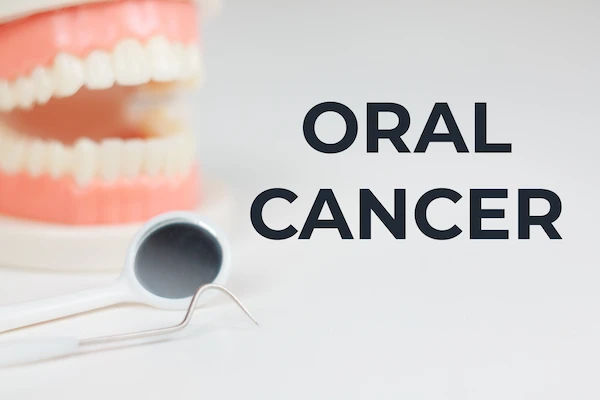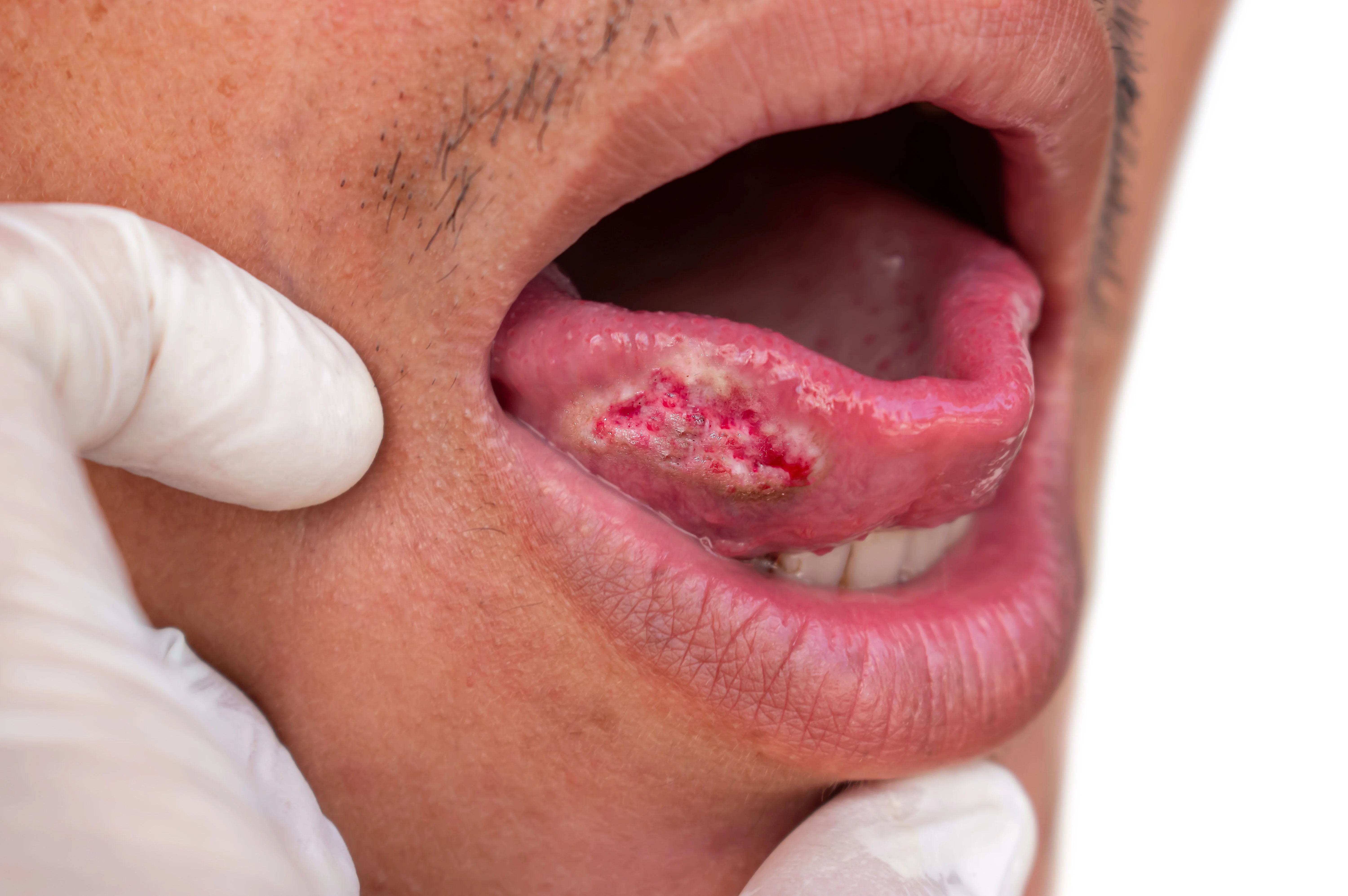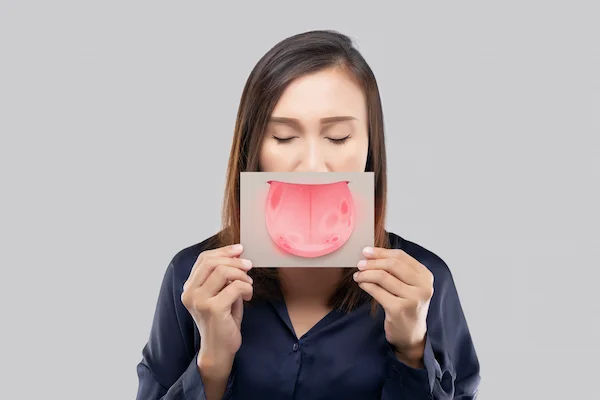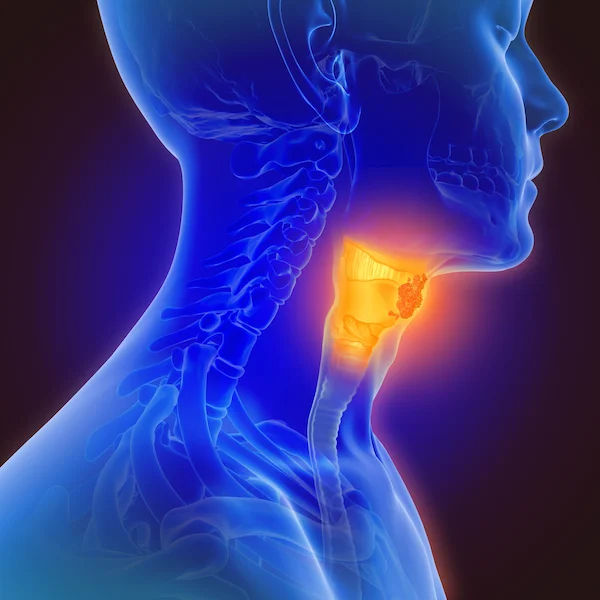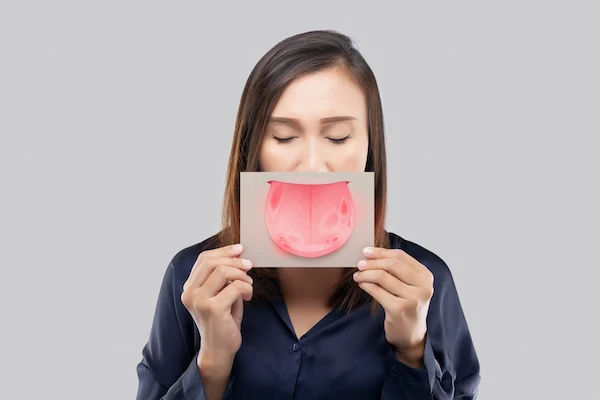First Stage Oral Cancer Treatment Options
Explore effective treatment options for first-stage oral cancer, including surgery, radiation therapy, and recovery tips. Learn how early detection, nutrition, and oral care can support healing and improve outcomes.


Facing a diagnosis of first-stage oral cancer can be overwhelming, but understanding your treatment options can help you feel more in control. Early detection and timely treatment significantly improve outcomes, so it’s important to know what to expect.
In this article, we’ll explain:
What does first-stage oral cancer mean
Common treatment options
Lifestyle and dietary tips for recovery
How to seek expert care
What Is First-Stage Oral Cancer?
Oral cancer refers to cancer that develops in the mouth, including the lips, tongue, gums, cheeks, and throat. First-stage (Stage 1) oral cancer means the tumour is small (usually less than 2 cm) and has not spread to nearby lymph nodes or other parts of the body.
Common Symptoms to Watch For
A sore or ulcer in the mouth that doesn’t heal
White or red patches inside the mouth
Persistent pain or difficulty swallowing
A lump or thickening in the cheek or neck
Unexplained bleeding or numbness in the mouth
If you notice any of these symptoms, consult a doctor immediately. Early diagnosis improves treatment success.
Treatment Options for First-Stage Oral Cancer
Since the cancer is localised at this stage, treatment focuses on removing or destroying the tumour while preserving healthy tissue. The main options include:
1. Surgery
Tumour Removal (Excision): The surgeon removes the cancerous tissue along with a small margin of healthy tissue to ensure no cancer cells remain.
Laser Surgery: Sometimes, a laser is used to precisely remove small tumors with minimal damage to surrounding areas.
Reconstructive Surgery: If a large area is removed, reconstructive procedures may be needed to restore function and appearance.
Recovery: Healing takes a few weeks. Pain management and proper oral hygiene are essential.
2. Radiation Therapy
External Beam Radiation: High-energy beams target the tumour to kill cancer cells.
Brachytherapy (Internal Radiation): Radioactive seeds are placed near the tumour for localised treatment.
Side Effects: May include dry mouth, sore throat, or changes in taste. These usually improve after treatment.
Consult Top Specialists
3. Targeted Therapy & Immunotherapy (If Needed)
Targeted Therapy: Uses drugs to attack specific cancer cell proteins.
Immunotherapy: Boosts the immune system to fight cancer.
These are less common for early-stage cancer but may be recommended in certain cases.
Lifestyle & Dietary Tips for Recovery
1. Eat Nutritious, Soft Foods
Choose soft, easy-to-swallow foods like soups, yoghurt, mashed potatoes, and smoothies.
Avoid spicy, acidic, or crunchy foods that can irritate the mouth.
Stay hydrated—sip water frequently.
2. Maintain Oral Hygiene
Gently brush with a soft-bristle toothbrush.
Use a mild, alcohol-free mouthwash to prevent infections.
3. Avoid Tobacco & Alcohol
Both increase the risk of cancer recurrence. Quitting improves healing and overall health.
4. Manage Side Effects
For dry mouth, try sugar-free gum or saliva substitutes.
For pain, follow your doctor’s prescribed medications.
When to Seek Help
If you experience:
Severe pain or bleeding
Difficulty eating or breathing
Signs of infection (fever, swelling)
Consult your doctor immediately.
Take the Next Step: Book a Consultation
Early detection saves lives. If you or a loved one has symptoms or needs a second opinion, Apollo 24|7 offers expert oncologists and advanced treatment options.
Call us or book an appointment online for personalised care.
Remember, first-stage oral cancer is highly treatable. With the right treatment and support, you can overcome it and lead a healthy life. Stay positive, follow medical advice, and take care of yourself!
Conclusion
First-stage oral cancer is highly treatable, with options like surgery and localised radiation offering excellent success rates. Following a nutritious diet, maintaining oral hygiene, and avoiding tobacco and alcohol can support a smoother recovery. With early intervention and the right medical support, many patients go on to live healthy, full lives.
Consult Top Specialists
Consult Top Specialists

Dr. Gopal Kumar
Head, Neck and Thyroid Cancer Surgeon
15 Years • MBBS, MS , FARHNS ( Seoul, South Korea ), FGOLF ( MSKCC, New York )
Delhi
Apollo Hospitals Indraprastha, Delhi
(25+ Patients)

Dr. Ruquaya Ahmad Mir
Surgical Oncologist
20 Years • MBBS, DNB
Delhi
Apollo Hospitals Indraprastha, Delhi
(25+ Patients)

Dr Sunita Samleti
Oncologist
18 Years • M.D. (Pathology)- TN Medical College, Mumbai University, Mumbai, Mar 2005 M.B.B.S. Grant Medical College, Mumbai University, Mumbai, Oct 1999
Chinagadila
Apollo Hospitals Health City Unit, Chinagadila
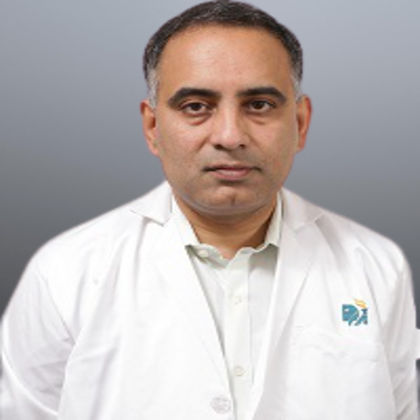
Dr. Raja T
Oncologist
20 Years • MBBS; MD; DM
Chennai
Apollo Hospitals Greams Road, Chennai
(175+ Patients)
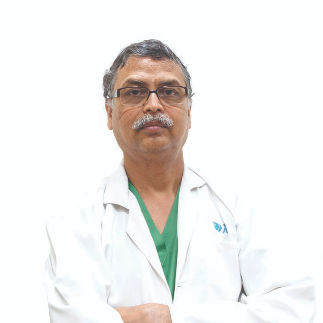
Dr. Praveen Kumar Garg
Surgical Oncologist
26 Years • MBBS, M.S.(Gen.Surg.), M.Ch.(OncoSurg.)
Delhi
Apollo Hospitals Indraprastha, Delhi
(50+ Patients)
